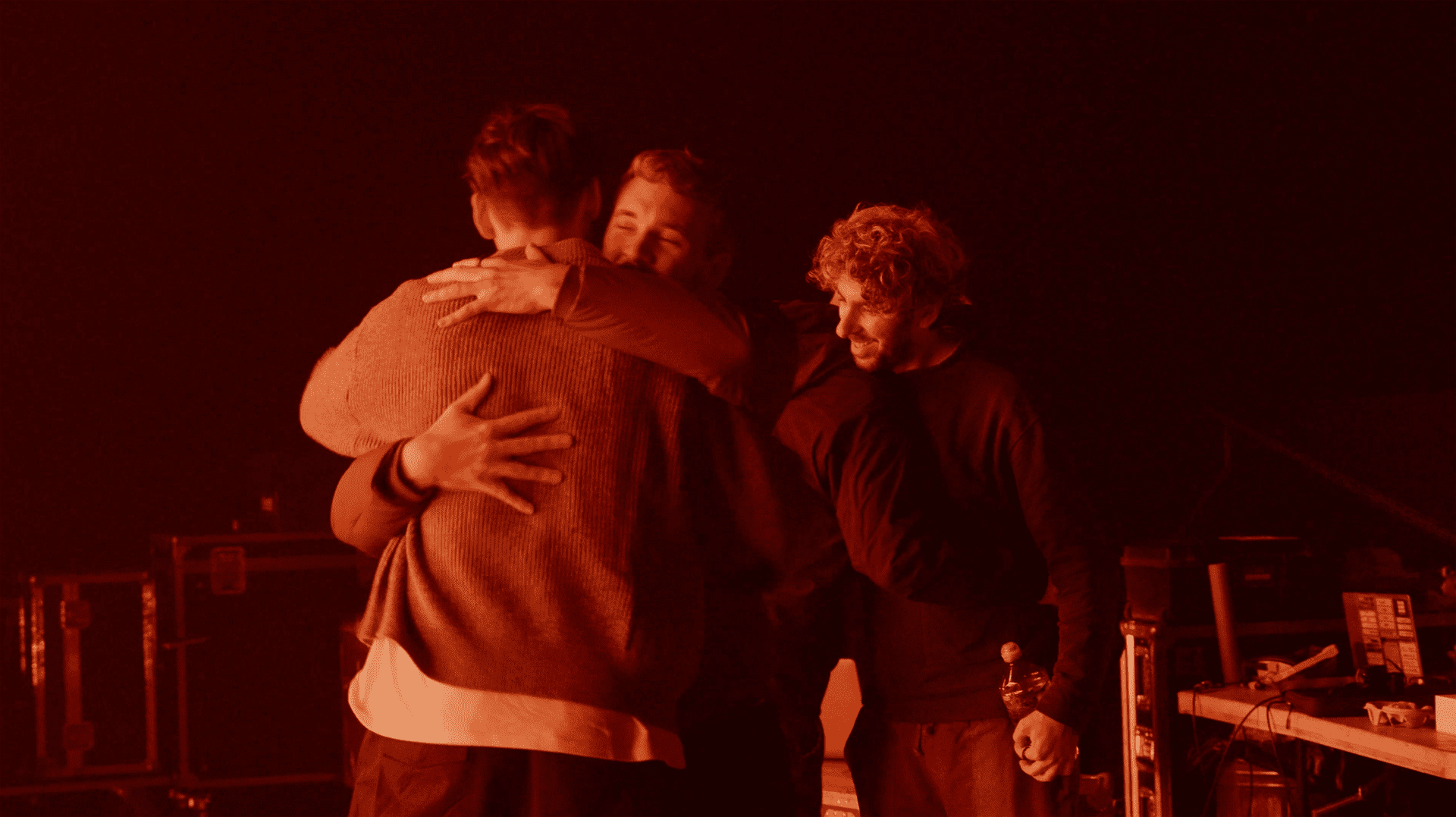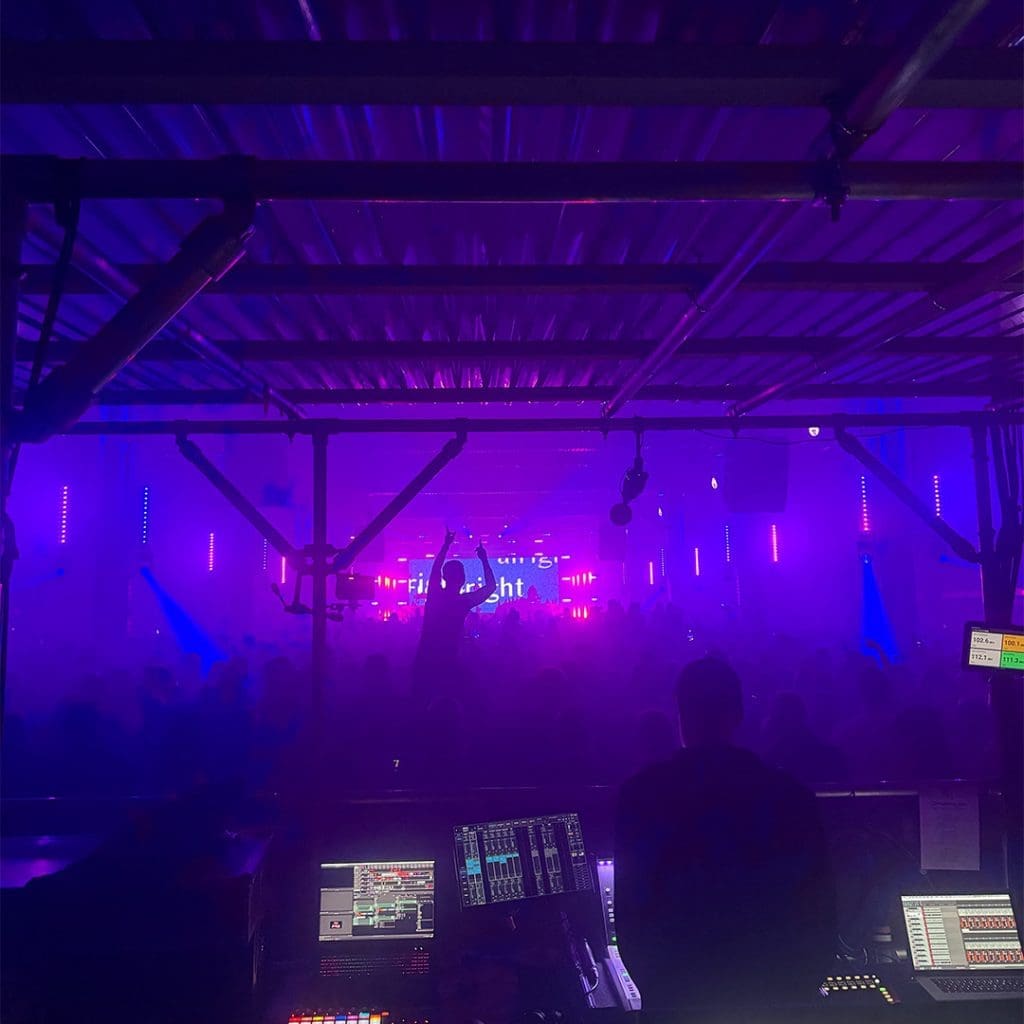
Those who know me won’t be surprised to hear I was keen to write something to mark Mental Health Awareness Week earlier this month.
Those same people might be more surprised to hear I really struggled to find the words. Words aren’t something I regularly struggle with… especially when they’re related to a topic I’m passionate about like this one.
I thought maybe it’s because posts about mental health feel more common than ever, but around this time, there’s as many insincere posts about it as there are sincere ones. If I’m being cynical, I think some are posts made for likes, virtue signalling, or to tick it off the list of things people are ‘supposed’ to care about.
The feeling that behind some of it is “yes, mental health is important to me and my company, just as long as it doesn’t take any extra time, or cost any money. A policy you say? A post on our social media? Sounds great. Now back to work.”
I worry they’re sometimes the same people who believe things like “if you can’t handle the heat, get out of the kitchen”, as if that has anything to do with mental health at all. (It doesn’t, by the way.)
Those thoughts led to a flurry of questions; does it matter if posts, conversations, or policies are sincere or not, if the subject of mental health gets more attention? Isn’t that progress? Am I being hypocritical by writing this now? After all, I’m posting it online, and the truth is I hope it won’t just be my Mum who reads it (thanks if you are reading though Mum).
Or maybe I’ve struggled to write something this time because the subject of mental health feels more complex and overwhelming than ever. At times I’ve felt like it might be an insurmountable challenge to make serious progress beyond where we are.
Those thoughts held me back from writing something authentic for a couple of weeks, but I ultimately concluded that like most complex subjects, there needs to be more nuanced conversation.
After all, without it, we won’t be able to engage those still out there who think someone suffering with mental health just needs to “man up”, or “stop being a snowflake”. This post is long enough without delving into all the other issues with these statements, but if there were red flags to say someone still deeply misunderstands mental health, that’s one of them.
There are hundreds of topics that fall under the umbrella of mental health, and although I’ve shared many of my own stories in the past, I’ve never publicly written something from the perspective of a mental health advocate who also leads a team within the live production industry that spans creative and technical services.
I’m also in the privileged position of not answering to anyone for my job, so if people like me can’t speak up and attempt to make a safer space for others, who can?
So, how conducive is our industry to good mental health?
I absolutely love the live entertainment and production industry. It’s exciting, varied, challenging, creative, and fast-paced. We create exceptional experiences for audiences to enjoy, even when we’re not feeling our best.
The relationships forged in the extreme intimacy and pressure of that work often last a lifetime. It gives people purpose, and they can see tangible results from what they do.
It’s not surprising that so many people think our jobs must be amazing. A lot of the time, they are.
Then again, it’s also stressful, insecure, exhausting, destabilising, and fleeting. And that’s just on the technical side. Those who work in creative parts of the industry also offer up parts of themselves and their imagination to be judged daily.
It’s vulnerable, exposing, and once the exceptional high is over, it’s not uncommon to be followed by an instant low.
I’ve been burnt out and depressed, stood at front of house surrounded by thousands of people who are having an amazing time, and can tell you nothing makes you feel more alone than being part of something that’s so electric for everyone else, whilst feeling absolutely nothing yourself. After all, you’ve got this amazing job, what’s wrong with you?
It doesn’t take long to realise why this is more common than a lot of us care to admit.
Mind is a great charity, among others, that work hard to educate and support people about mental health. If you look up their advice for improving mental wellbeing on their website, tips include:
- · Relax and reduce stress
- · Find ways to learn and be creative
- · Spend time in nature
- · Connect with others
- · Look after your physical health
- · Improve your sleep
Well. Let’s just say based on that, Mind probably wouldn’t recommend a career in the live entertainment industry.
The long, stressful days spent inside dark boxes without a great deal of personal space and no chance of getting a stable routine aren’t exactly conducive to top notch wellbeing on their own. And that’s before we’ve got onto the subject of diet, alcohol, or doomscrolling to kill the bouts of boredom that come inbetween the bouts of chaos.
What can we do about it?
I could fill a book with areas for improvement that both I and others have discussed, but right now and immediately, we need to aim for; less stigma, more empathy and awareness, and better leadership.
I think that the stigma of those suffering with poor mental health has already improved, but there’s still a long way to go. Talking about it will continue to help, but to truly break barriers down, we need more empathy, more awareness, and better leadership. These 3 things won’t be effective in isolation, they all have to happen simultaneously to create the right environment and discussions.
I believe that we all have a vital role to play, but inparticular companies and leaders, not just in dealing with things reactively, but proactively laying the foundations for improvements too.
That includes:
- Genuinely checking in with people, not just doing status updates
- Normalising rest and recovery as an equally important (and vital) part of the job
- Being vigilant about language and behaviours that trivialise mental health – there’s a lot of them
Companies by their nature can provide a safer environment for people to discuss mental health. There’s more security for employees, space and structure to talk openly, and structures in place to provide genuine support.
There’s also paid holidays that will allow people to switch off and reduce the risk of burnout (the number of conversations I’ve had with freelancers or micro companies who don’t feel they can ever truly switch off incase they miss an email or opportunity is really quite scary).
Leaders of temporary organisations (ie touring parties that work together for a fixed period but consist primarily of freelancers), also need to work hard to create a culture where mental health can be discussed, without fear that the people discussing it might be considered weak or not up to the job.
This also needs to include calling out toxic behaviour and attitudes at every level.
Empathy about how unique mental health is will underpin it all, and awareness that it shows up for people in very different ways, and for very different reasons will be vital in helping everyone get a better understanding and be able to support and read the signs that something isn’t right.
One of the many damaging things I occasionally see is the one-upmanship that can take place, where a conversation about feeling burnt out or exhausted can be met with someone explaining that their schedule has been even busier, and that they should try and walk a mile in their shoes.
By the way, this same one-upmanship could be applied to comparing industries too. I’m aware that I’ve written this about an industry that on the whole is an excellent one, with relatively good pay and conditions, generally doing very cool things.
But this isn’t a game of trump cards. Comparisons can often be the most damaging thing to do for someone who is struggling, as they can downplay their own feelings and emotions because they’ll try and rationalise that someone has it worse, and we’ve gone full circle back to the “man up” attitude.
We need people who are compassionate and empathetic to help spread the message that it’s okay to not be okay.
A reason for cautious optimism
If I’m honest, when I’ve thought about all of this for long periods of time, I’ve questioned whether I want to lead a company that does this work, or whether creating a culture that is good for mental and physical health is compatible with such a demanding industry.
The fact I’m still here and writing this will probably tell you the answer to that question is a resounding yes. And the reason is pretty straightforward; whilst it’s got its challenges, I believe our industry has the power to transform and enrich the lives of the people who work in it for the better.
I still bloody love the industry and the people in it though
I should also state that the majority of people I meet and work with are progressive, kind, and empathetic people, and there are some amazing conversations taking place already.
I’m aware that some of what I’ve written could be taken as laying blame at the feet of our industry, so I feel it’s important to say that poor mental health is very often not caused by the work we do. I had challenges long before I knew the industry even existed.
Instead, we should look at whether it helps people through difficult times, or compounds their difficulties and makes them worse.
I believe that despite its challenges, it can be a force for good. I know of cases where it’s been the only thing that’s kept people going, including me at times.
We manage to find solutions to just about everything else, let’s add this one to our list.





